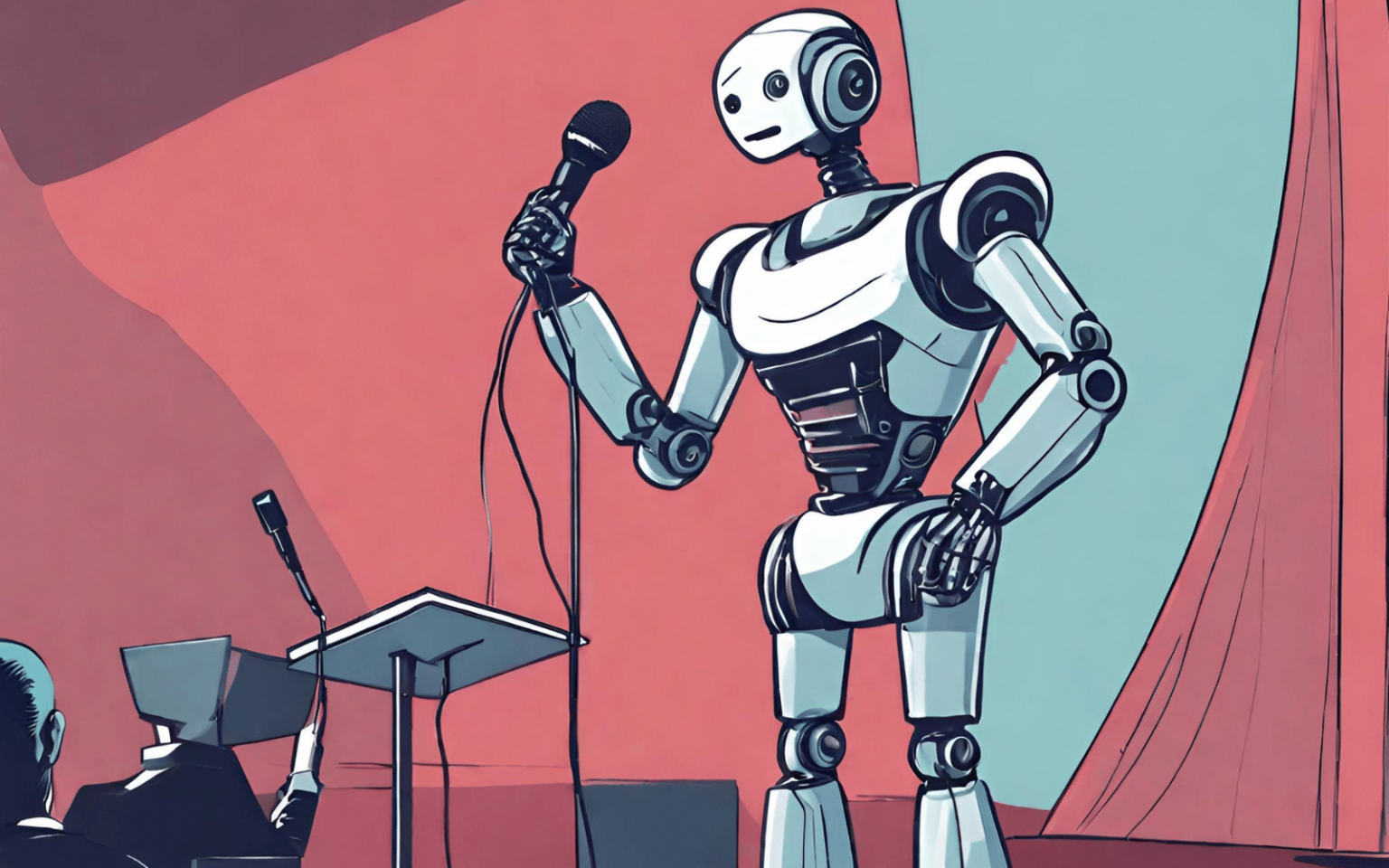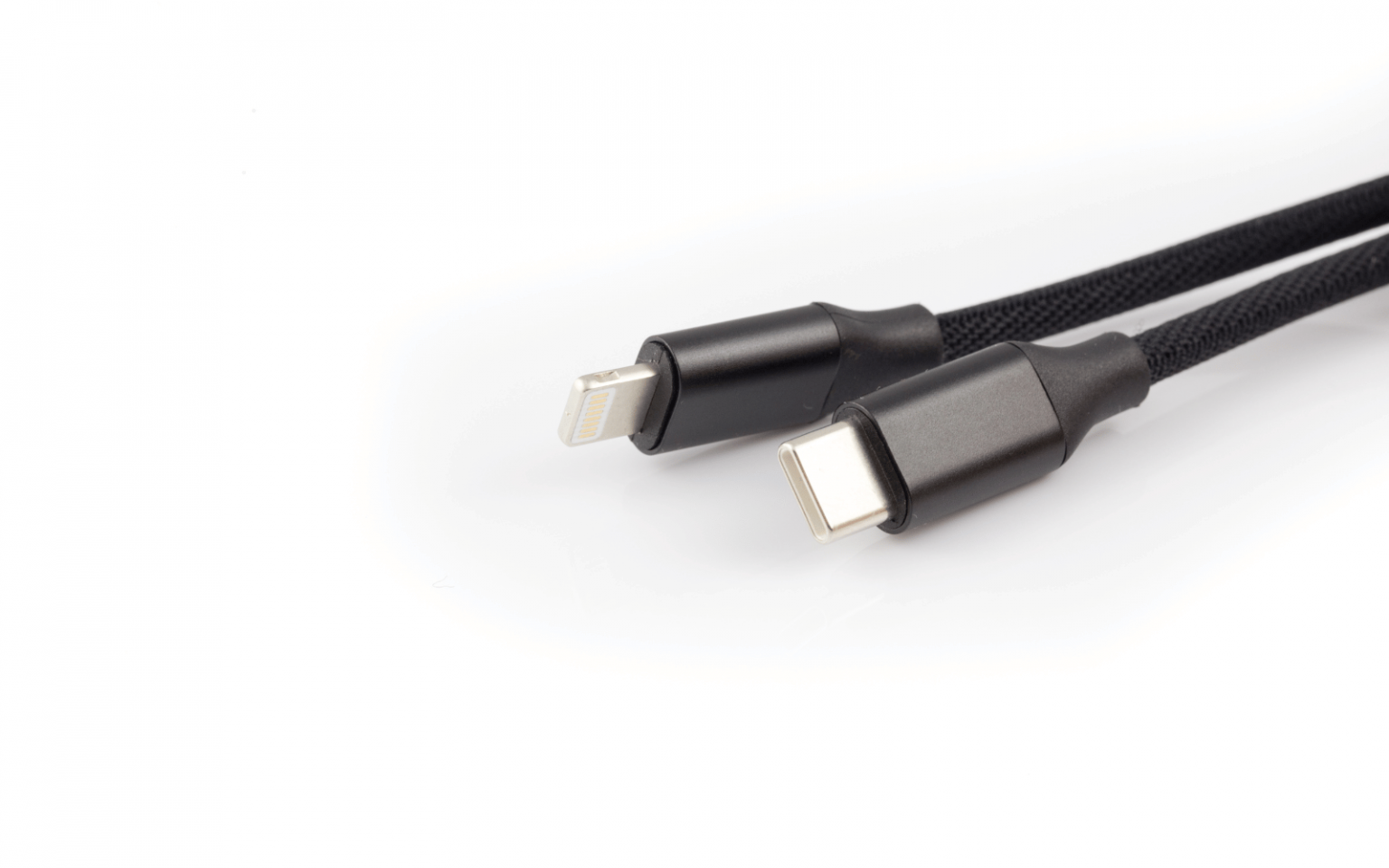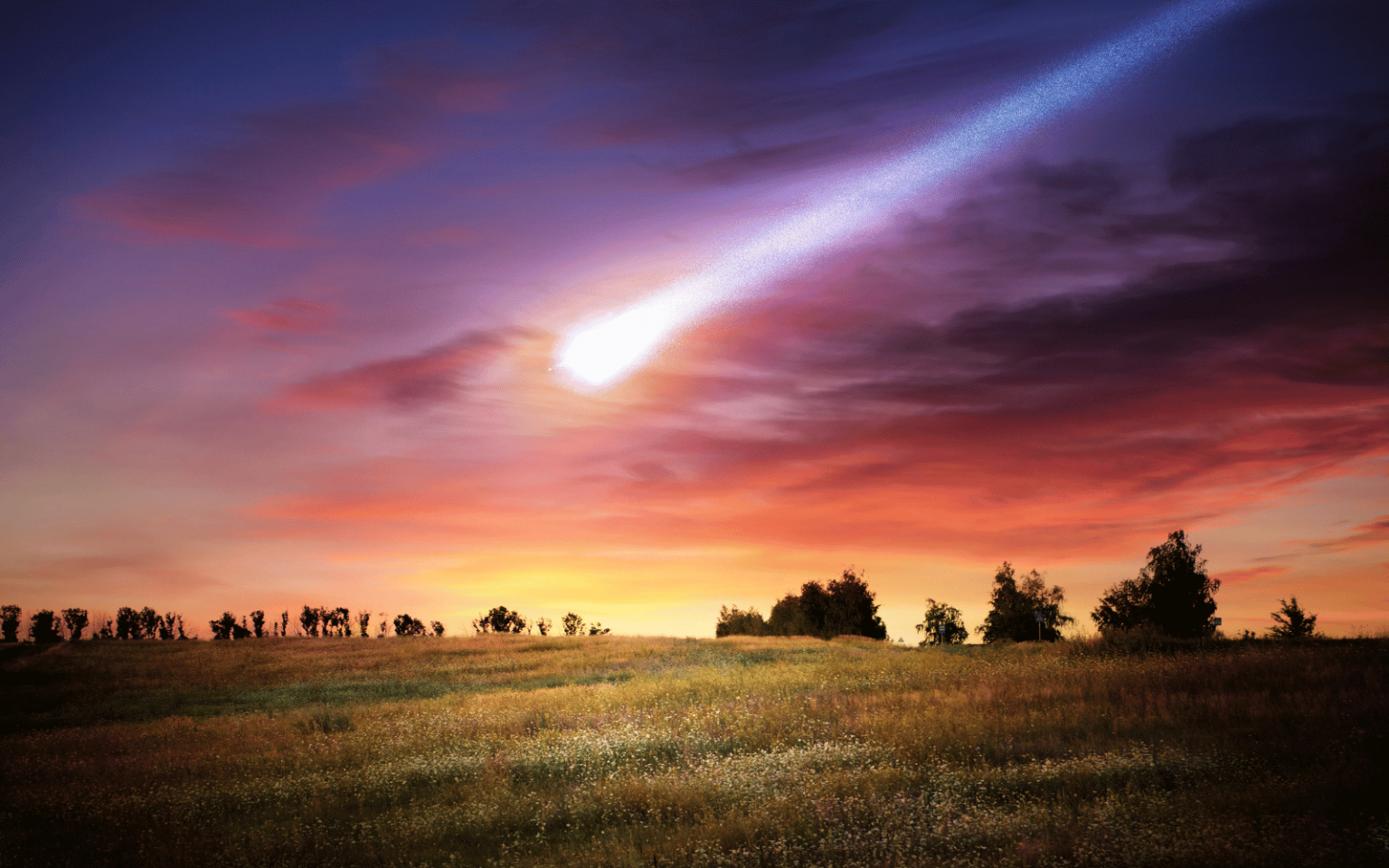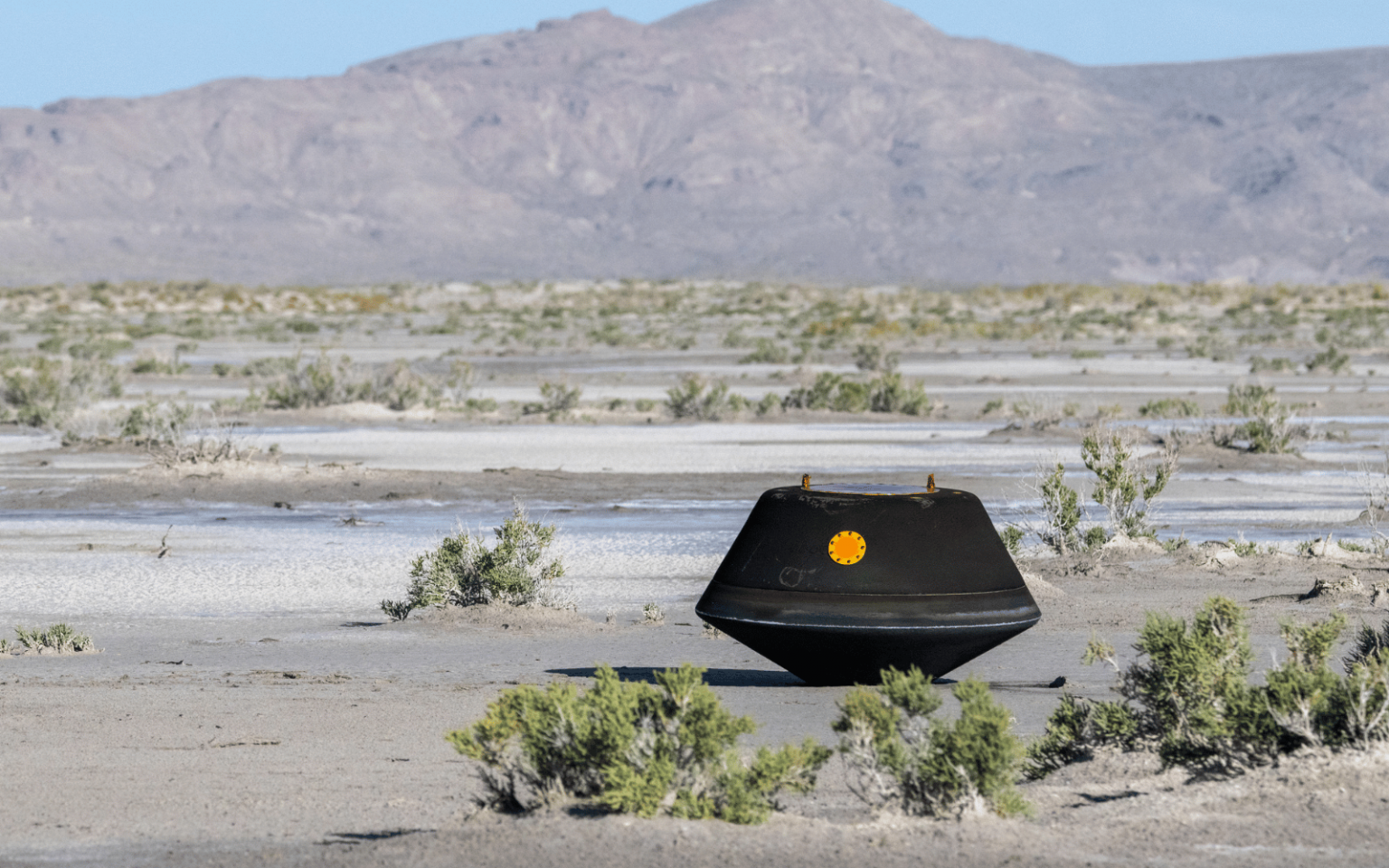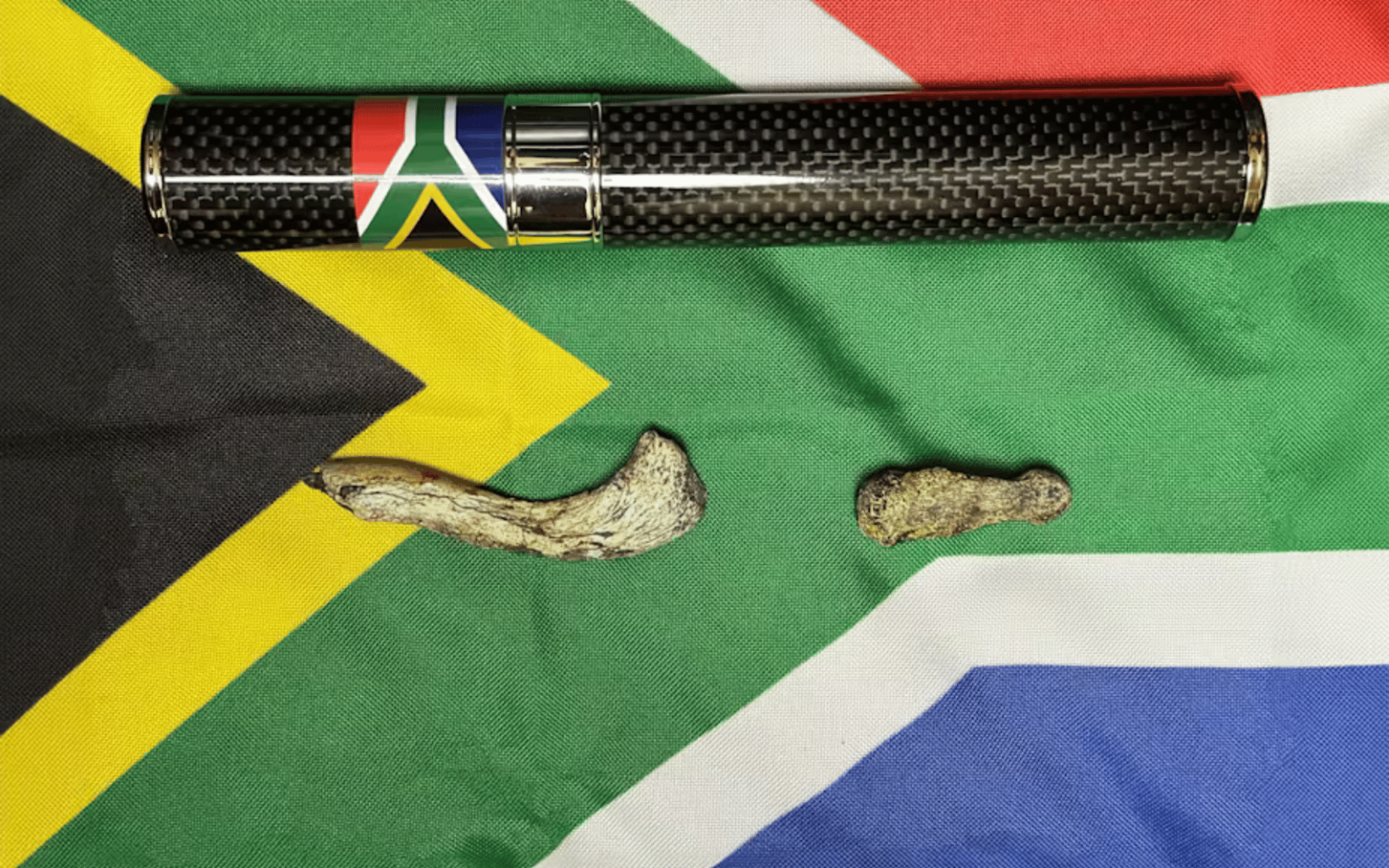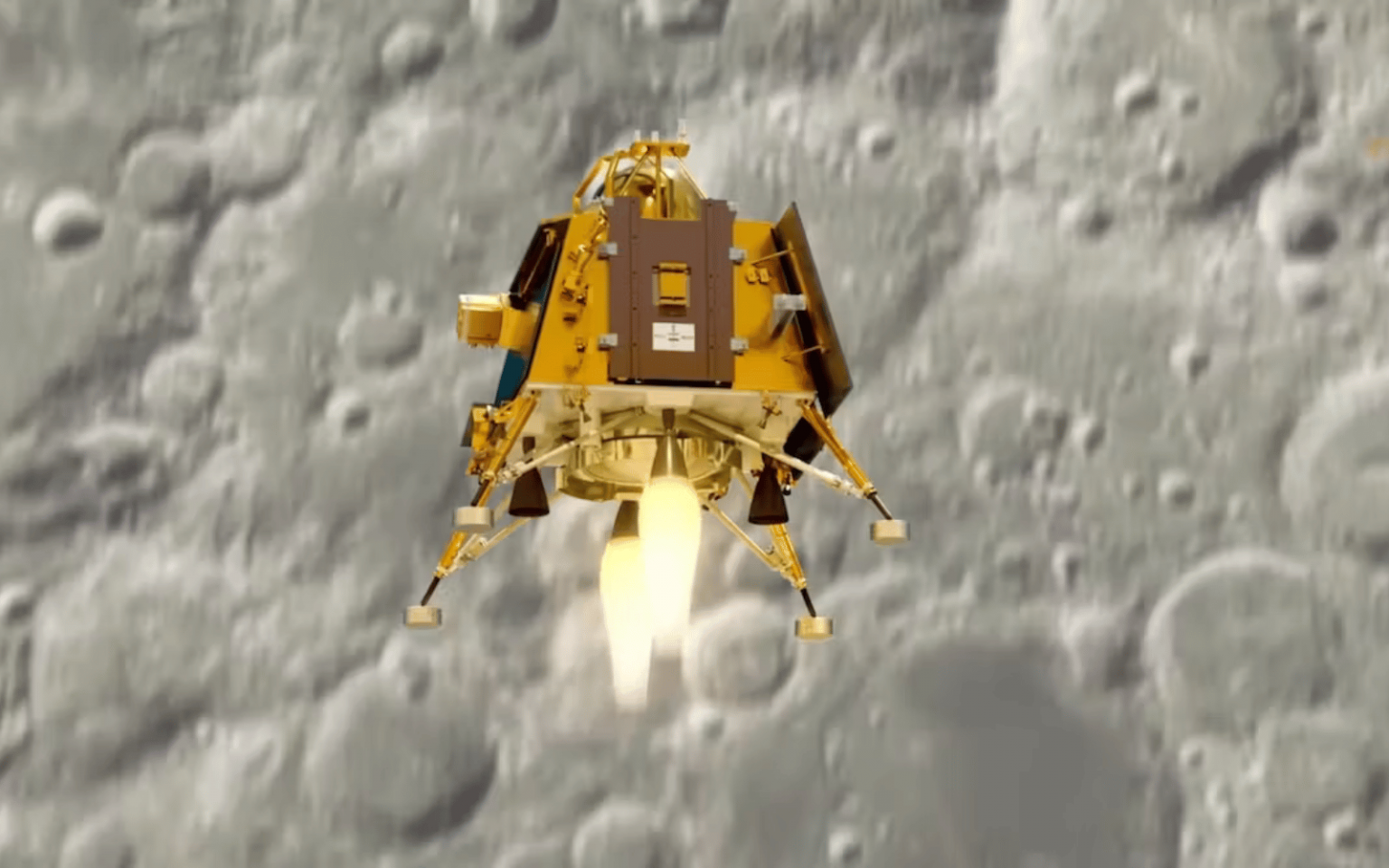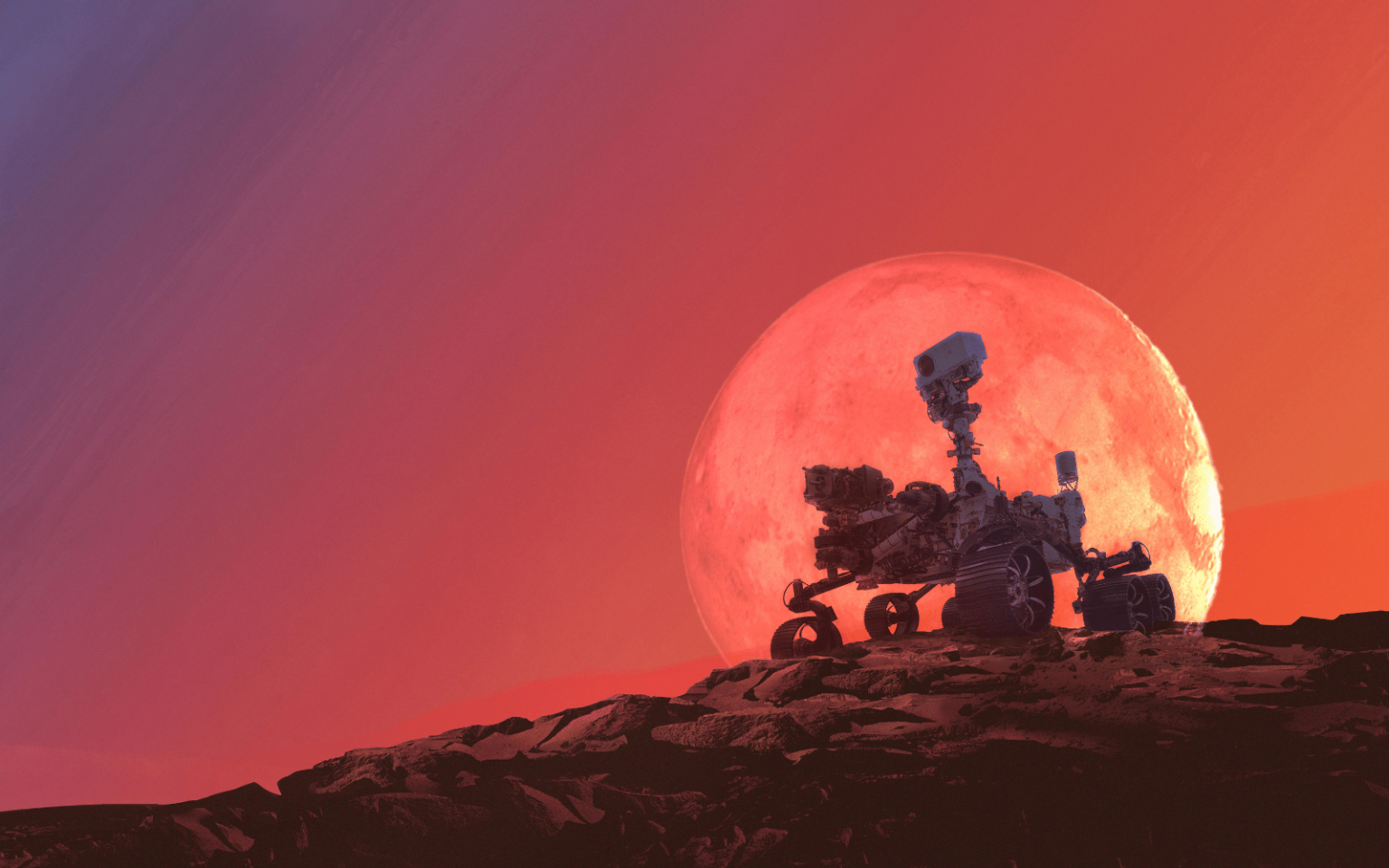The world has witnessed breathtaking advances in generative artificial intelligence (AI), with ChatGPT being one of the best-known examples. To prevent harm and misuse of the technology, politicians are now considering regulating AI. Yet they face an overlooked barrier: AI may have a right to free speech. Under international law, humans possess an inviolable right to freedom of thought. As part of this, governments have a duty to create an environment where people can think freely. As we’ve seen with ChatGPT, AI can support our thinking, providing information and offering answers to our questions. This has led some to argue that our right…
Author: The Conversation
After many years of designing and selling a variety of different cables to power and charge its devices, Apple has slowly switched to USB-C chargers for all of its products. The last device to swap is the iPhone, and it happened against Apple’s will. In October last year, the European Commission requested all phones and laptop producers switch to the USB-C connector (which had earlier been agreed on as a common standard). Apple could have chosen to ignore the request and stop selling in the EU, or to produce versions with USB-C for the European single market only. Instead, it chose to comply and follow the…
Meteorites – fragments of rock that have fallen to Earth from space in spectacularly fiery meteors – have been the subject of public fascination, awe, myths and even religious worship for thousands of years. In recent decades they’ve become a cosmic Rosetta Stone for scientists investigating the birth throes of our solar system and the organic life it hosts. Meteorites are therefore rightly classified by many countries as an integral part of communal natural heritage and are sought after by museums and private collectors. South Africa, where I research meteorites, is one such country. In late 2021, my colleagues and I were alerted to an exceptional opportunity. Gideon…
There’s no doubt generative AI’s ability to rapidly produce new texts, images and audio is shaking up creative jobs. In the long-running Writers Guild of America strike, a central sticking point has been the guild’s demand that AI be used only as a research tool and not a replacement for its members. For many creative types, it seems harder to earn a living with AI around. At the same time, however, AI tools are often seen as a springboard to next-level human creativity. Technologies such as Anthropic’s chatbot Claude and OpenAI’s ChatGPT and Dall-E 3 offer a seductive creative experience. Will these tools help us survive and thrive as a creative species? Or…
APIs, or application programming interfaces, are the gateways to the digital world. They link a wide array of software applications and systems. APIs facilitate communication between different software systems, and so power everything from social media – think of the share buttons on webpages – to e-commerce transactions. At a simple level, APIs are like electrical sockets. A software application that you’re using, say the playback controls for a video on a webpage, is like an appliance. The system that provides data or services that the application needs, say YouTube, is like the electrical grid. The API, in this example…
After a journey of billions of kilometres, NASA’s OSIRIS-REx mission has culminated in a small black capsule blazing through the sky before touching down in the Utah desert. Inside is likely to be the largest ever sample of dust and rock returned from an asteroid. Extracted and brought back with great technical ingenuity from an asteroid called Bennu, scientists will now study in search of clues about the origins of the Solar System and life itself. The seven-year mission took OSIRIS-REx to a near-Earth carbon-rich asteroid, which it orbited for two and a half years, mapping its surface and measuring properties such…
When a Virgin Galactic commercial flight soared into space on 8 September 2023, there were two Virgin Galactic pilots, an instructor and three passengers on board – as well as two fossils of ancient prehuman relatives from South Africa. Timothy Nash, a businessman, carried a clavicle belonging to Australopithecus sediba and the thumb bone of a Homo naledi specimen. The fossils’ brief journey – the VSS Unity’s flight lasted just an hour – was organised by palaeontologist Lee Berger, who led the team that discovered and described Homo naledi in 2015. Berger was granted an export permit in July by…
In an exciting milestone for lunar scientists around the globe, India’s Chandrayaan-3 lander touched down 375 miles (600 km) from the south pole of the Moon on Aug. 23, 2023. In just under 14 Earth days, Chandrayaan-3 provided scientists with valuable new data and further inspiration to explore the Moon. And the Indian Space Research Organization has shared these initial results with the world. While the data from Chandrayaan-3’s rover, named Pragyan, or “wisdom” in Sanskrit, showed the lunar soil contains expected elements such as iron, titanium, aluminum and calcium, it also showed an unexpected surprise – sulfur. Planetary scientists like me have known that sulfur exists in lunar rocks and soils, but only at a very low…
Since ChatGPT’s release in late 2022, many news outlets have reported on the ethical threats posed by artificial intelligence. Tech pundits have issued warnings of killer robots bent on human extinction, while the World Economic Forum predicted that machines will take away jobs. The tech sector is slashing its workforce even as it invests in AI-enhanced productivity tools. Writers and actors in Hollywood are on strike to protect their jobs and their likenesses. And scholars continue to show how these systems heighten existing biases or create meaningless jobs – amid myriad other problems. There is a better way to bring artificial intelligence into workplaces. I know, because I’ve seen it, as…
Each day, you leave digital traces of what you did, where you went, who you communicated with, what you bought, what you’re thinking of buying, and much more. This mass of data serves as a library of clues for personalized ads, which are sent to you by a sophisticated network – an automated marketplace of advertisers, publishers and ad brokers that operates at lightning speed. The ad networks are designed to shield your identity, but companies and governments are able to combine that information with other data, particularly phone location, to identify you and track your movements and online activity. More invasive yet…

